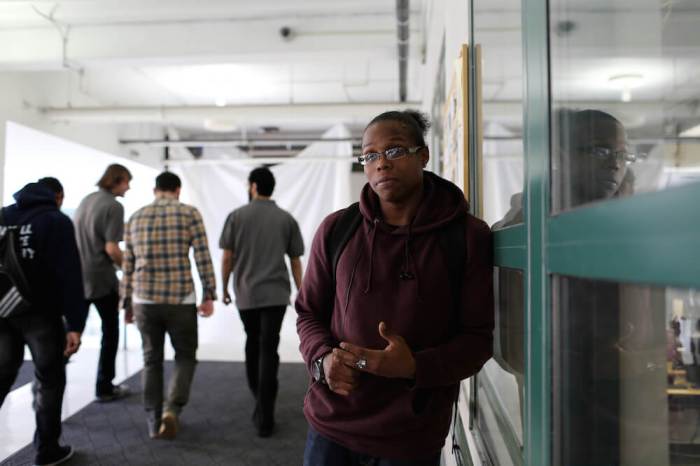It can be challenging for parents to know what to do about bullying at school. Some think stepping in might cause their child to get teased more. Some may think it will actually be good for their child longterm, toughening them up and getting them ready for the bullies in the “real world” of adulthood. Whether your child is being bullied — or is the one bullying others — a new study highlights the importance of talking to your child and taking steps to eliminate bullying as much as you can. Related: Kylie Jenner launched #IAmMoreThan anti-bullying Instagram campaign A new study from medical journal JAMA Psychiatry found that being bullied as a child is linked to a higher risk for developing depression or a psychiatric disorder in adulthood. Past studies have focused on how bullying directly effects a child’s self-esteem, happiness and schoolwork, but this new study is one of the few that focuses on how bullying effects people decades later. Related: How to talk to your kids about bullying The largest study focusing on childhood bullying to date, the study analyzed data from 5,000 kids starting at age 8 and tracking them until the age of 29. The kids’ parents and teachers were also questioned, as part of the study. According to the data, 90 percent of the participants were not directly involved in any form of bullying as kids, and of those, 12 percent had been diagnosed with a psychiatric disorder in their teens or twenties. But of the participants who were either bullied or acted as bullies themselves as kids, 31 percent were diagnosed with a psychiatric disorder. Related: Bullying addressed in graphic novel with the help from a local writer It’s never too early — or too late — to talk to your kids about bullying. If you are a parent with young kids, use story time to help bring up the topic. (Click here for some book suggestions.) Providing a safe home where your child feels confident and valued can also combat the difficulties that can happen at school. Follow Emily on Twitter: @EmLaurence
How childhood bullying affects kids long term

Getty Images


















